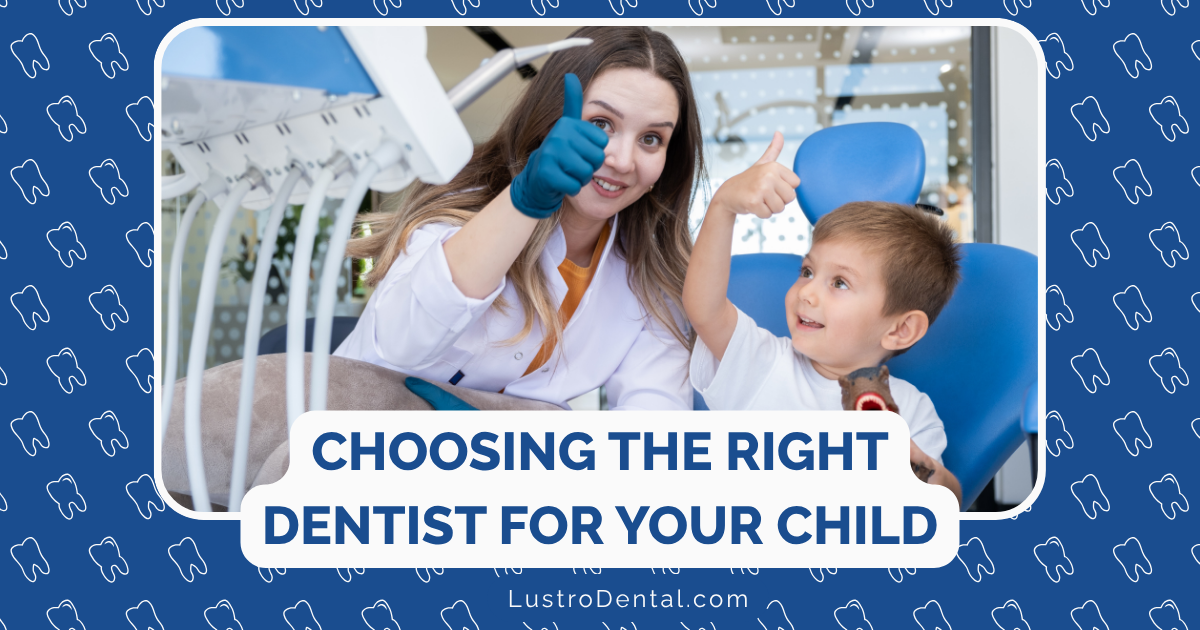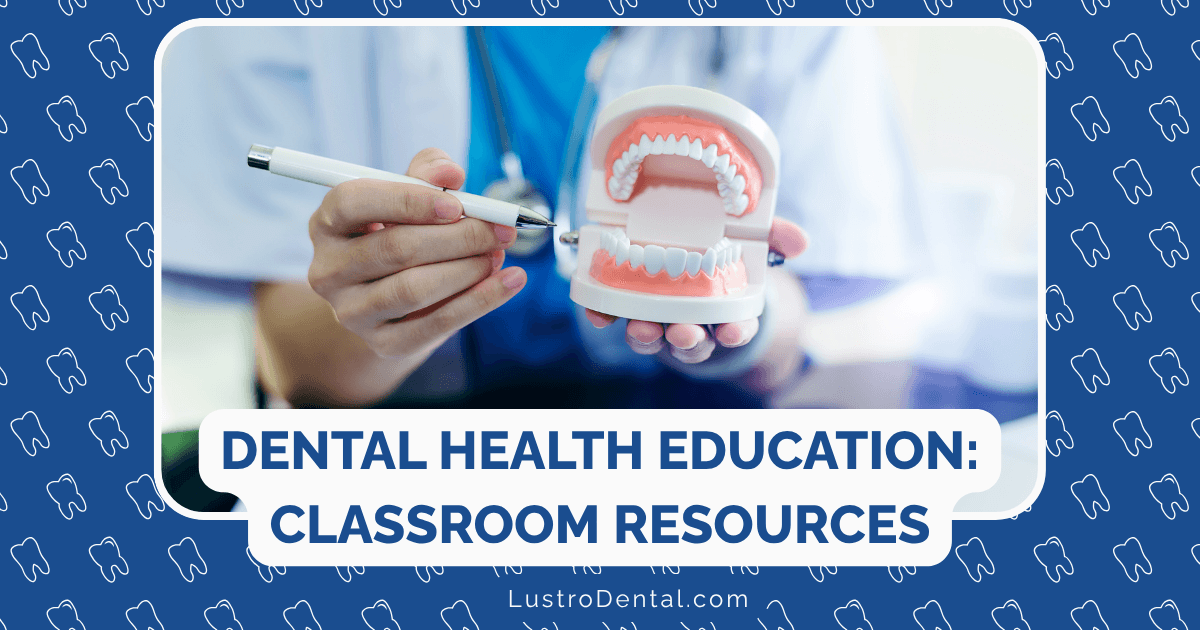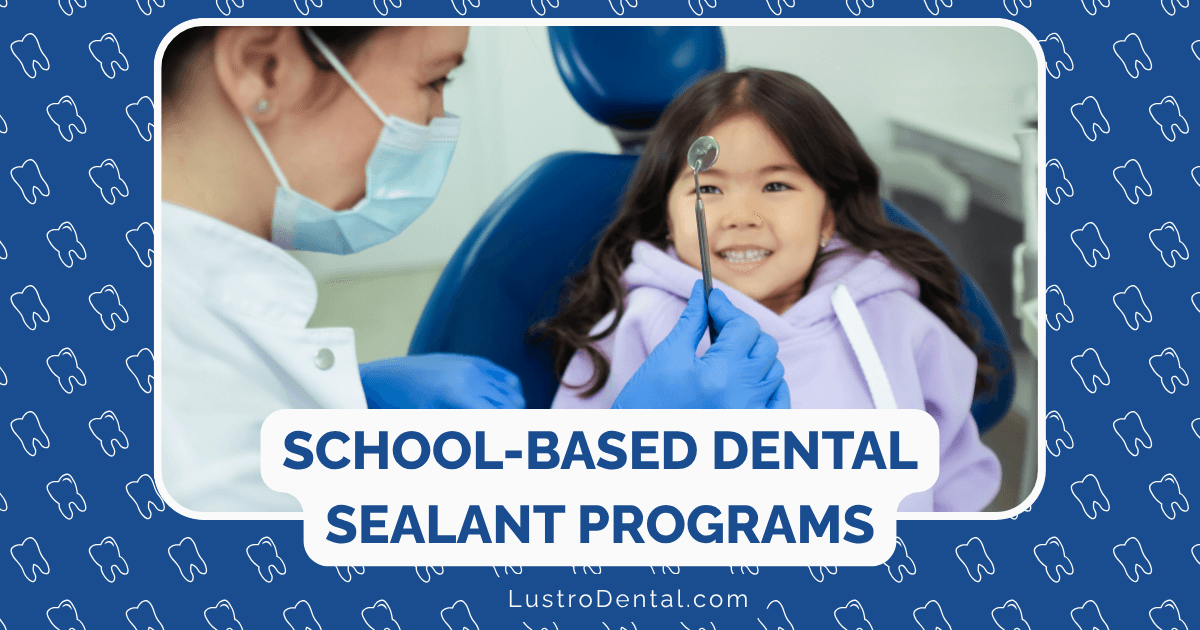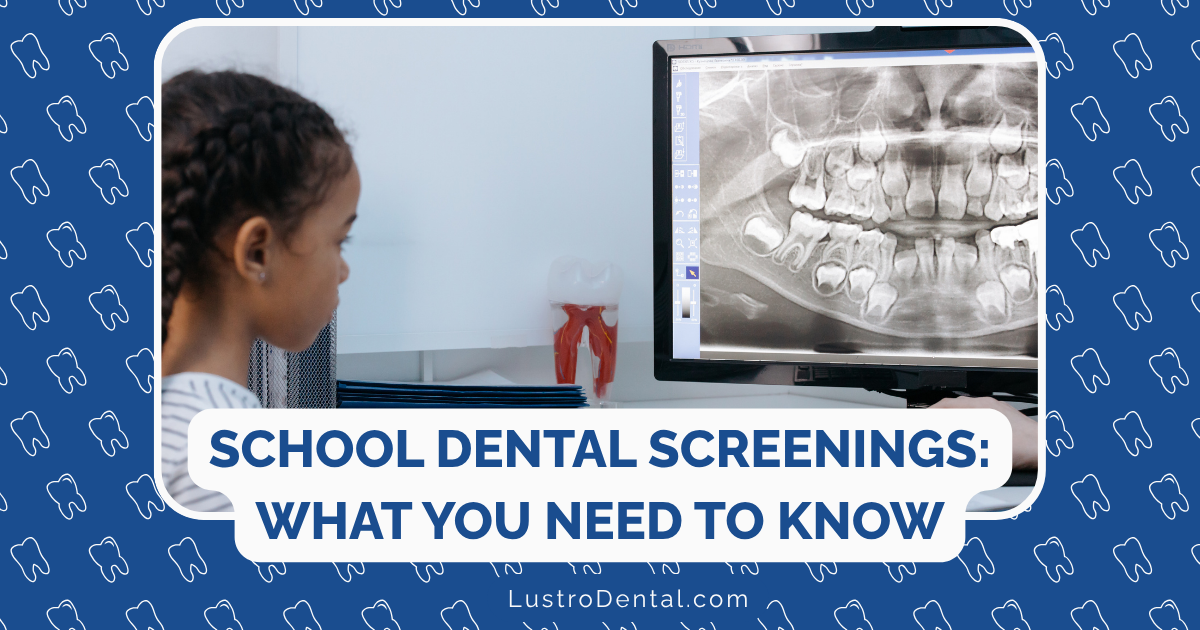Finding a Kid-Friendly Dentist: Essential Qualities to Look For

Your child’s first dental experiences can shape their attitude toward oral health for a lifetime. A negative encounter might create anxiety that follows them into adulthood, while positive experiences can establish a foundation of trust and healthy habits that last for years to come.
As someone who’s passionate about dental health education, I’ve seen how the right dental provider can transform a child’s perception of dental care from something feared to something embraced. Finding a truly kid-friendly dentist involves looking beyond basic credentials to identify someone who can connect with your child while providing excellent care.
Let’s explore the essential qualities that make a dentist truly “kid-friendly” and how you can evaluate these factors when choosing the right dental home for your family.
Specialized Training: Beyond General Dentistry
While any licensed dentist can legally treat children, pediatric dentists (also called pedodontists) undergo significant additional training specifically focused on treating young patients.
Board Certification Matters
Look for dentists who are board-certified by the American Board of Pediatric Dentistry. This certification indicates that the dentist has:
- Completed a two to three-year residency program in pediatric dentistry after dental school
- Passed rigorous written and oral examinations
- Committed to continuing education to maintain their certification
Dr. Michael Chen, a board-certified pediatric dentist at Children’s Dental Health, explains: “The additional training pediatric dentists receive covers not just clinical techniques for treating smaller mouths, but also child psychology, behavior management, and addressing the unique developmental needs of growing patients.”
Experience with Special Needs
If your child has special needs, look for a dentist with specific experience in this area. Many pediatric dentists receive training in treating children with:
- Autism spectrum disorders
- Sensory processing issues
- Developmental delays
- Medical complexities
- Dental anxiety or phobias
The Right Personality: Qualities That Connect
Perhaps even more important than technical training are the personal qualities that allow a dentist to connect with young patients.
Patience and Gentleness
Children often need extra time to become comfortable in the dental chair. A truly kid-friendly dentist:
- Doesn’t rush through appointments
- Remains calm when children are uncooperative
- Uses a gentle touch during examinations and procedures
- Adapts their approach based on each child’s temperament
Genuine Warmth and Approachability
Children have an uncanny ability to detect insincerity. The best pediatric dentists genuinely enjoy working with kids and demonstrate this through:
- Getting down to a child’s eye level when speaking
- Using warm, friendly facial expressions
- Showing interest in a child’s interests and concerns
- Creating a sense of fun and playfulness during visits
Effective Communication Skills
Kid-friendly dentists are masters at explaining complex concepts in age-appropriate ways:
- Using non-threatening language (like “sugar bugs” instead of “cavities”)
- Demonstrating procedures on stuffed animals or dolls first
- Employing the “tell-show-do” technique to reduce anxiety
- Explaining things in terms children can understand without talking down to them
Dr. Sarah Johnson of Pediatric Dental Associates notes: “The ability to shift communication styles between parent and child during the same appointment is crucial. We need to provide detailed information to parents while keeping explanations simple and non-threatening for children.”
Creating a Child-Friendly Environment
The physical environment of a dental office can significantly impact a child’s comfort level and willingness to cooperate.
Welcoming Waiting Areas
Look for offices with:
- Child-sized furniture
- Age-appropriate toys, books, and activities
- Bright, cheerful décor
- Television screens playing children’s programming
- Clear sight lines so children can see parents during treatment
Thoughtful Clinical Spaces
The treatment areas should be designed with children in mind:
- Dental chairs sized for smaller bodies or with adaptable positioning
- Ceiling-mounted TVs or other distraction techniques
- Child-friendly artwork or themes
- Visible prize boxes or reward systems
- Equipment that’s introduced in a non-threatening way
A Team Approach
The entire office staff contributes to creating a kid-friendly environment:
- Front desk staff who greet children by name
- Dental assistants trained in behavior management techniques
- Hygienists who are patient and encouraging
- A consistent team that builds familiarity over time
Specialized Approaches to Dental Anxiety
Nearly 20% of school-age children have some form of dental anxiety. Kid-friendly dentists have strategies to address these fears.
Prevention-Focused Philosophy
The best pediatric dentists emphasize preventing problems before they start:
- Comprehensive preventive services like sealants and fluoride treatments
- Education for both parents and children about proper home care
- Nutritional guidance to prevent decay
- Early intervention for developing issues
Behavior Management Techniques
Look for dentists who use positive behavior management approaches:
- Positive reinforcement and praise
- Distraction techniques during procedures
- Tell-show-do methodology
- Voice control techniques that reassure rather than frighten
Sedation Options When Necessary
While most routine care can be completed without sedation, kid-friendly dentists have appropriate options for more complex procedures:
- Nitrous oxide (laughing gas) for mild anxiety
- Oral conscious sedation for moderate anxiety or longer procedures
- General anesthesia capabilities or hospital privileges for extensive work
Dr. James Wilson of Bright Smiles Pediatric Dentistry explains: “Having a range of anxiety management techniques allows us to tailor our approach to each child’s needs. Some children do great with simple distraction, while others benefit from mild sedation for a positive experience.”
Practical Considerations for Families
Beyond clinical excellence and child-friendly approaches, several practical factors contribute to a positive dental experience for families.
Accessibility and Convenience
Consider:
- Office location relative to your home, work, or child’s school
- Available appointment times (including after-school hours)
- Ability to schedule siblings together
- Emergency care protocols and availability
Financial Transparency
Kid-friendly practices make payment and insurance straightforward:
- Clear explanation of costs before treatment
- Assistance with insurance filing
- Payment plan options
- Preventive focus that helps avoid costly procedures
Comprehensive Services
Look for offices that can meet your child’s evolving dental needs:
- Preventive care (cleanings, fluoride, sealants)
- Restorative procedures (fillings, crowns)
- Emergency services
- Growth and development monitoring
- Orthodontic evaluation or services
- Sports dentistry (mouthguards, trauma management)
How to Evaluate Potential Dentists
Schedule a Meet-and-Greet Visit
Many pediatric dental offices offer complimentary “happy visits” or office tours before becoming patients. During these visits:
- Observe how the dentist interacts with your child
- Ask questions about their approach to common childhood dental issues
- Get a feel for the office environment and staff
- Discuss any specific concerns about your child’s dental health
Ask the Right Questions
Consider asking potential dentists:
- “How do you help children who are nervous about dental visits?”
- “What is your approach when a child is uncooperative?”
- “How do you involve parents during appointments?”
- “What continuing education have you pursued related to pediatric dentistry?”
- “How do you make dental care a positive experience for children?”
Check Reviews and Seek Recommendations
Valuable insights can come from:
- Online reviews on Google, Yelp, or healthcare-specific sites
- Recommendations from your child’s pediatrician
- Feedback from other parents in your community
- Local parenting groups or forums
Red Flags to Watch For
Be cautious of dental practices that:
- Don’t allow parents to accompany children during treatment without clear explanation
- Use restraint as a first approach rather than behavior management techniques
- Seem rushed or unwilling to answer questions
- Have a clinical, sterile environment without child-friendly elements
- Demonstrate impatience with children’s natural fears or behaviors
- Use shame or fear tactics to motivate oral hygiene
The Long-Term Relationship
Remember that choosing a dentist isn’t just about the first visit—it’s about establishing a dental home that will support your child’s oral health throughout childhood and adolescence.
The American Academy of Pediatric Dentistry defines a dental home as “the ongoing relationship between the dentist and the patient, inclusive of all aspects of oral health care delivered in a comprehensive, continuously accessible, coordinated, and family-centered way.”
This long-term relationship allows the dentist to:
- Track your child’s dental development over time
- Identify patterns or issues early
- Build increasing trust with each positive visit
- Adjust approaches as your child matures
Making Your Decision
After researching options and perhaps visiting several offices, trust your instincts as a parent. The right dentist for your child should:
- Make both you and your child feel comfortable and respected
- Answer questions thoroughly and in understandable terms
- Demonstrate genuine interest in your child’s wellbeing
- Show a commitment to creating positive dental experiences
By carefully selecting a truly kid-friendly dentist, you’re giving your child the gift of positive dental experiences that can lead to a lifetime of good oral health habits and attitudes.
What qualities have you found most important in your child’s dentist? Share your experiences in the comments below!







